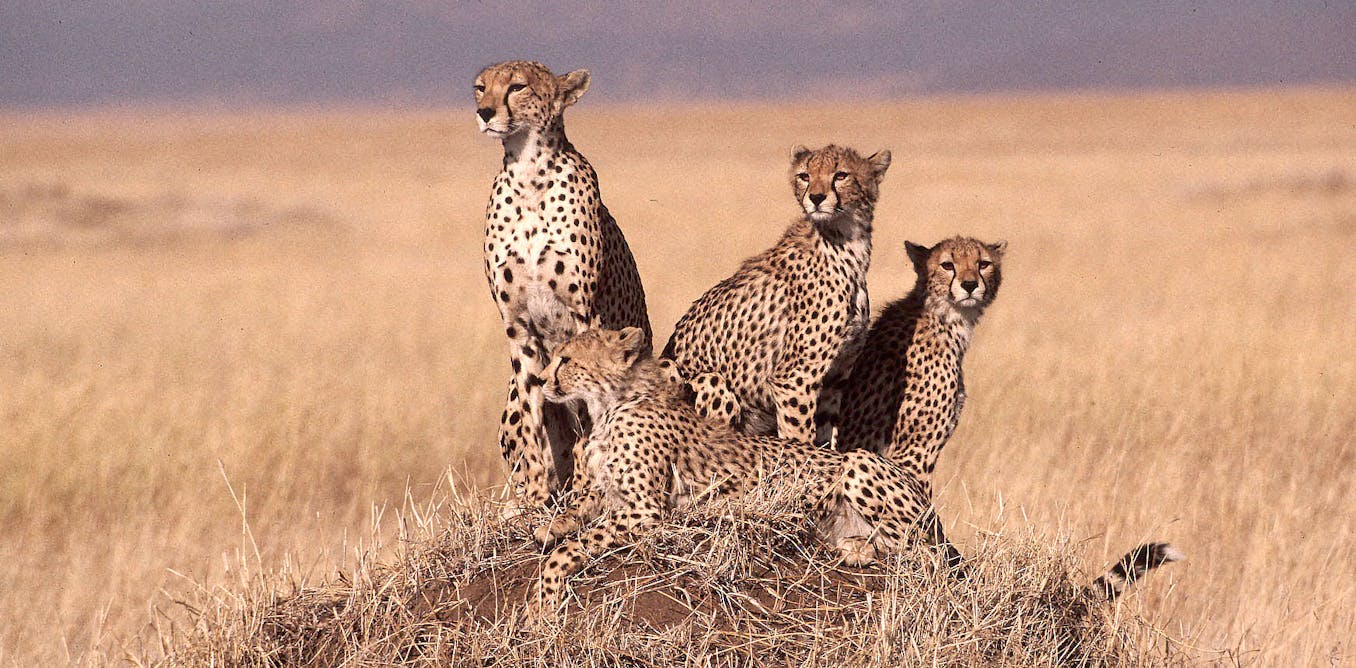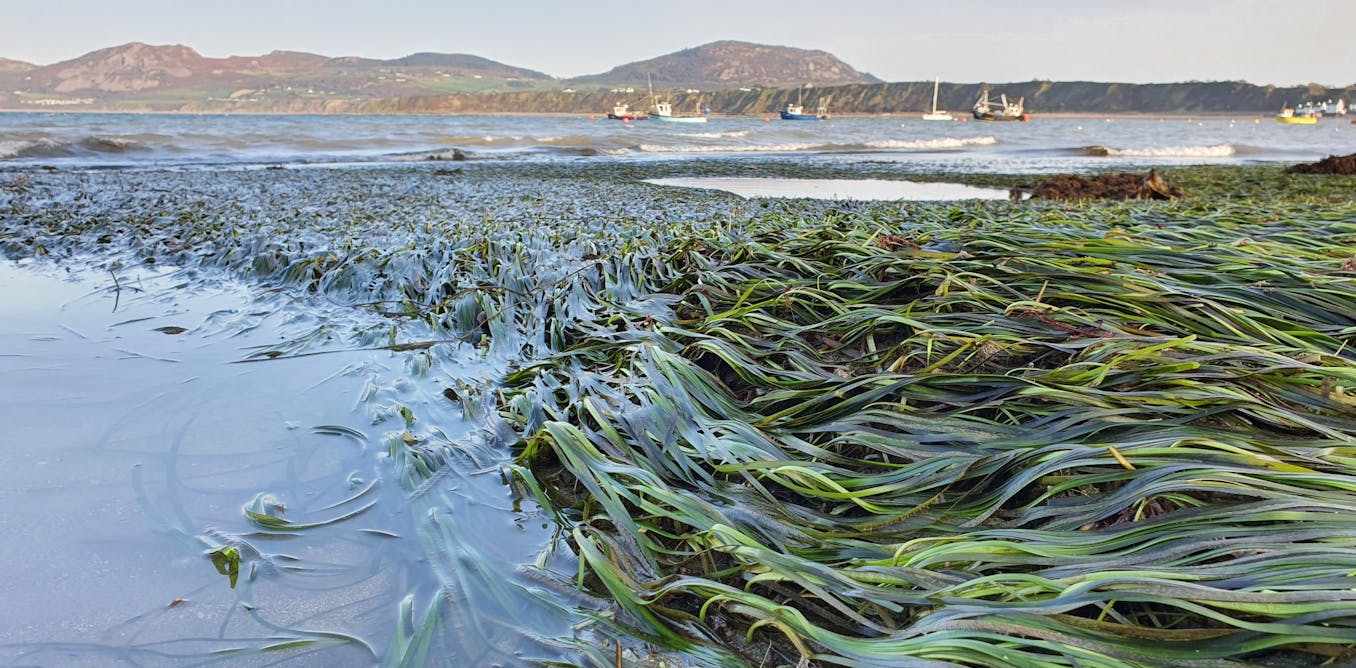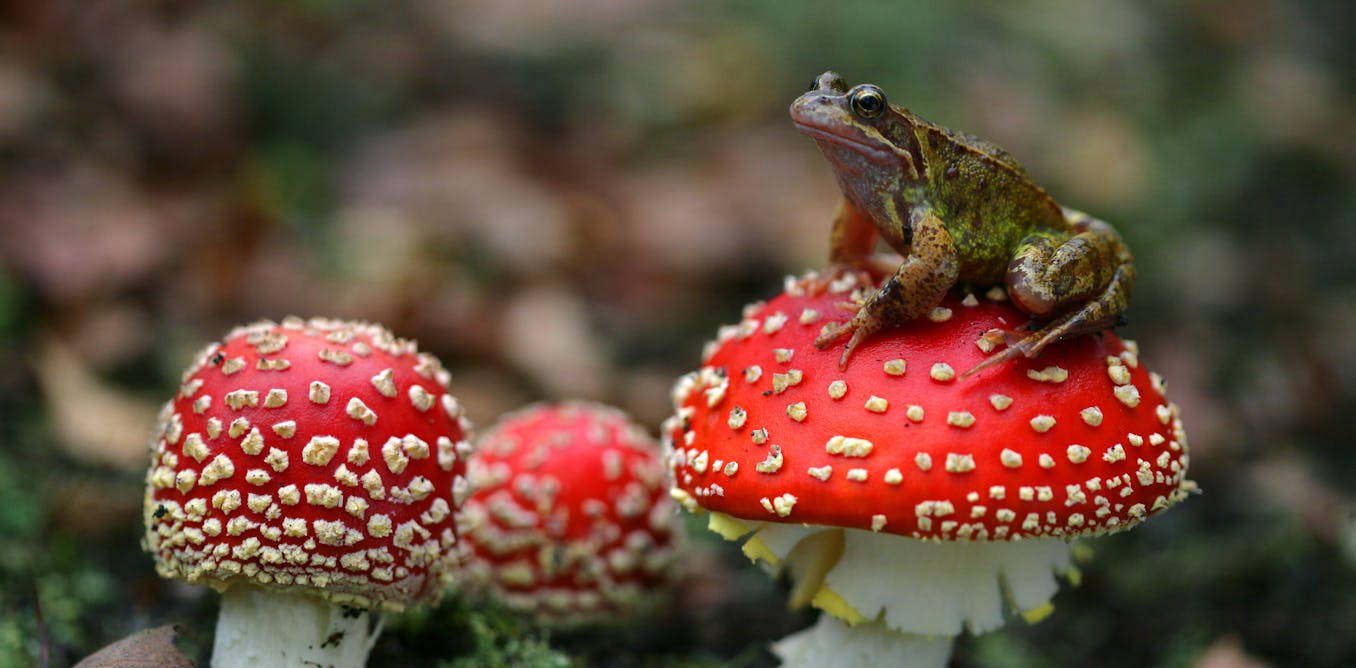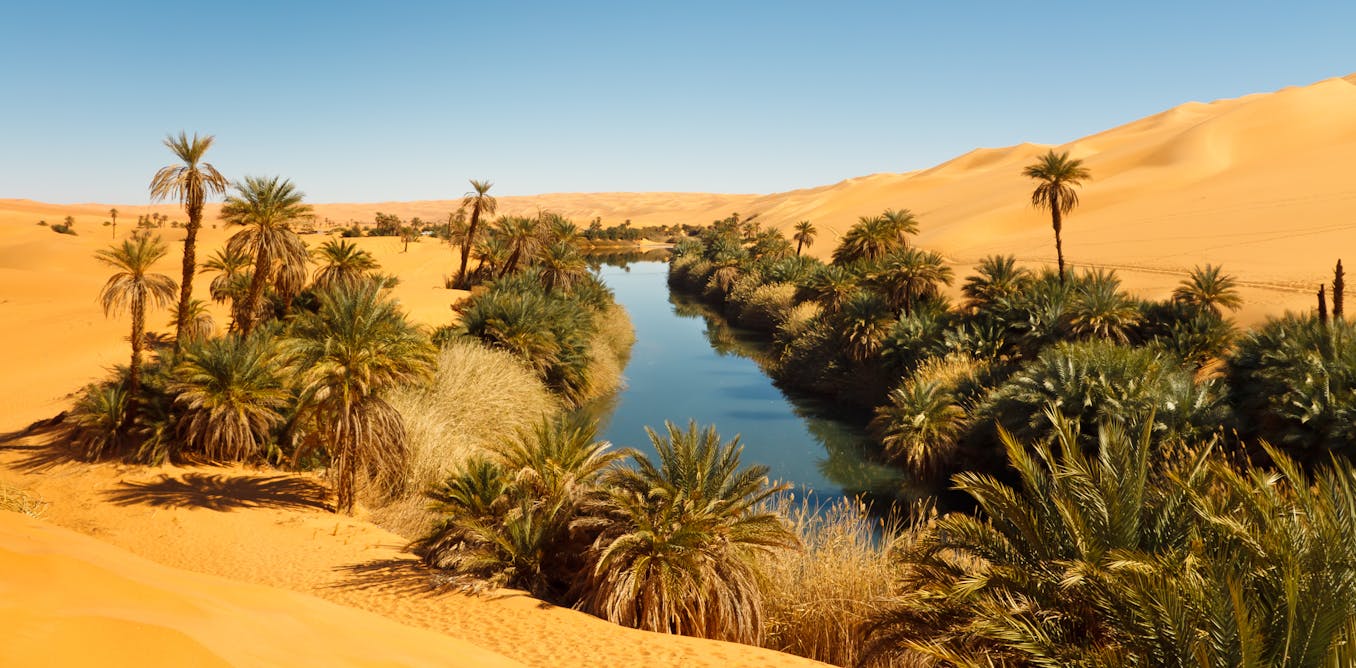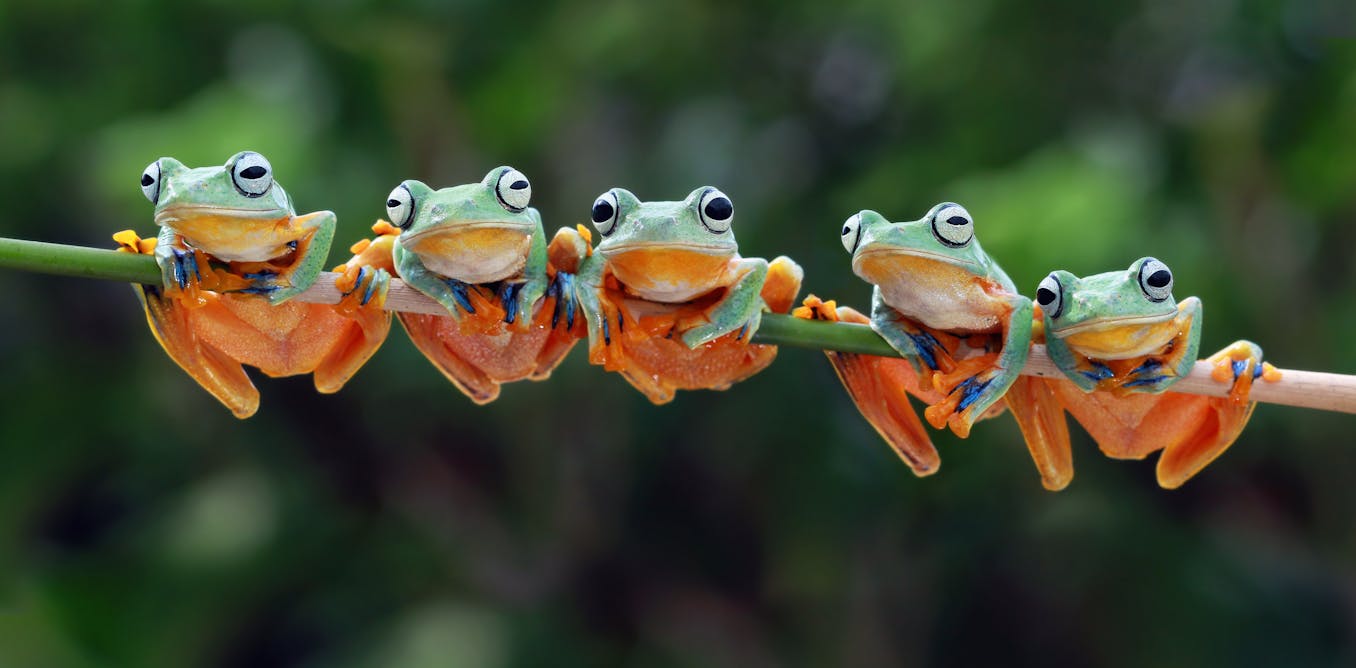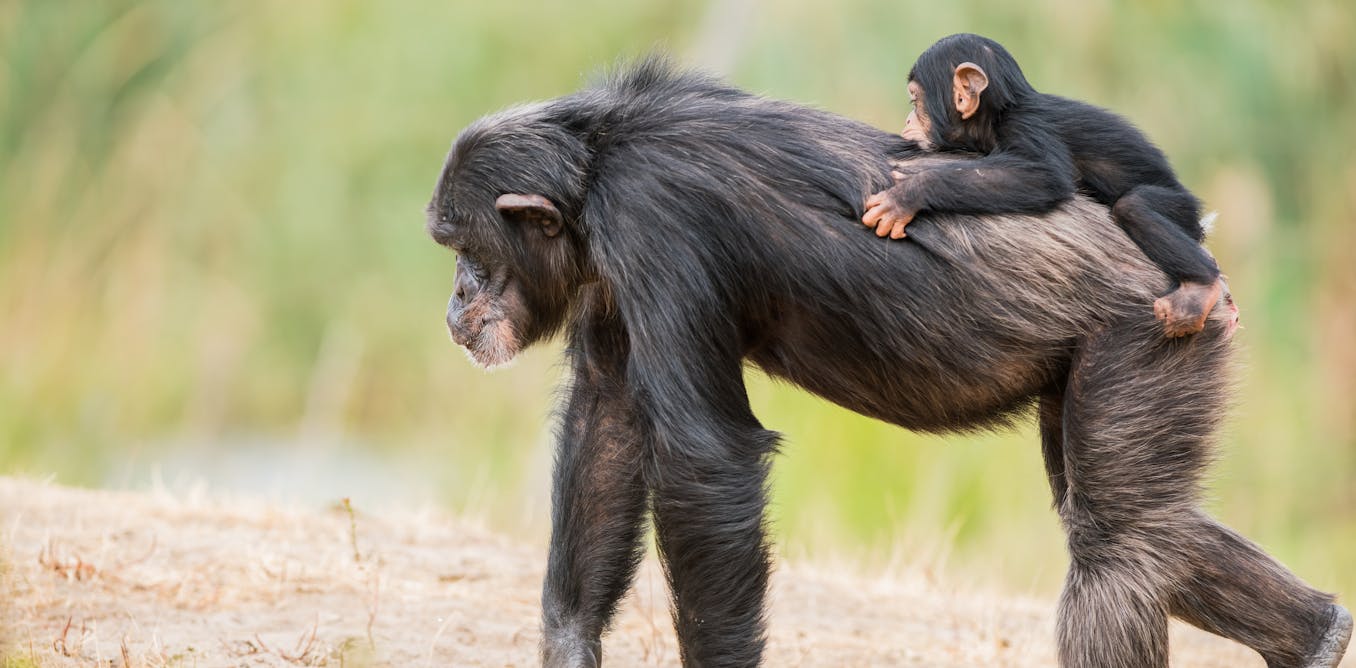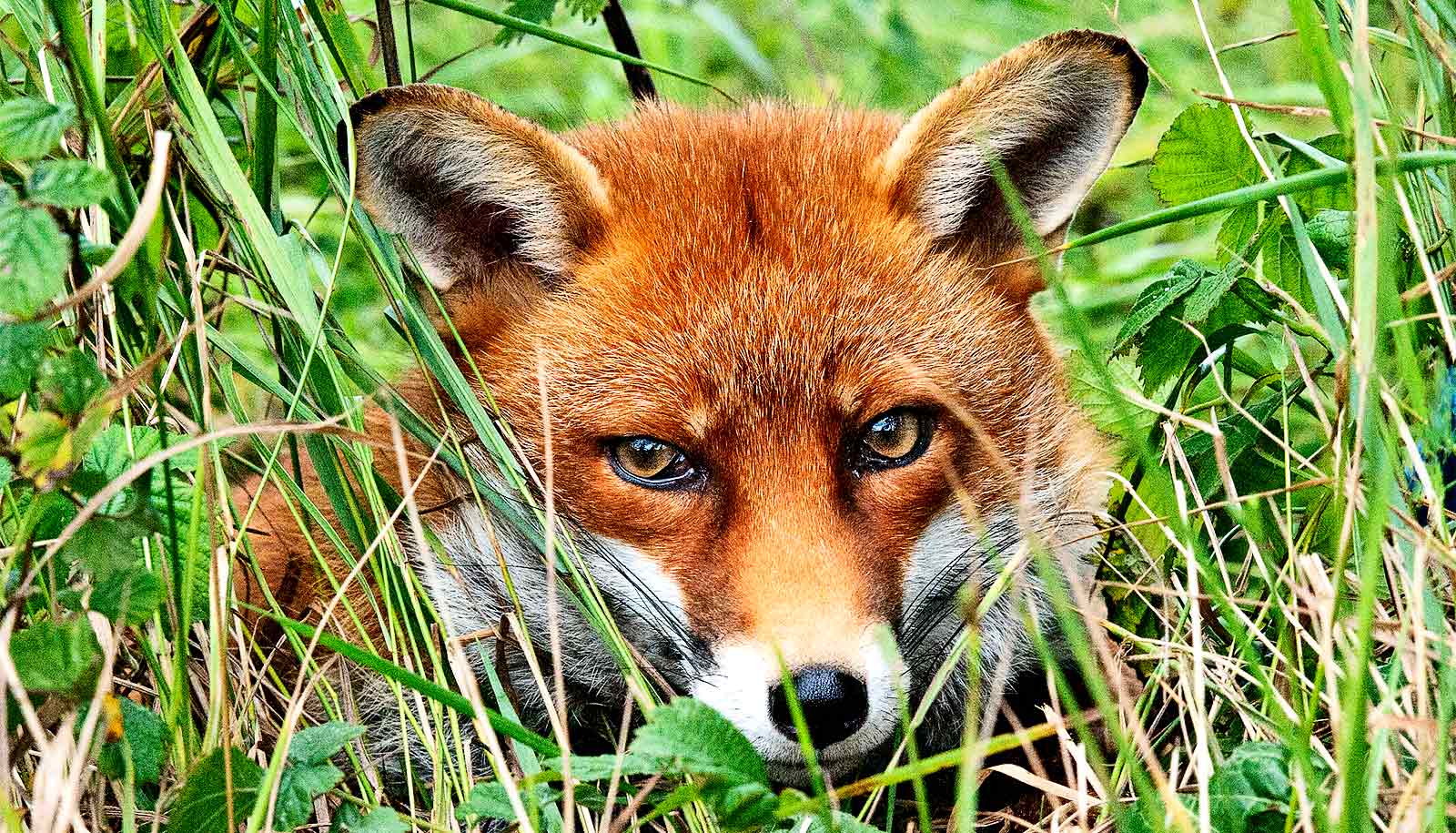Just 3% of Earth's land ecosystems remain intact – but we can change that
One-fifth of Earth's land could be restored to wilderness by reintroducing animals and improving management.
April 15, 2021 • ~6 min
Africa's 2 elephant species are both endangered, due to poaching and habitat loss
A new review of the status of African elephants finds scientific grounds for dividing them into two species, and reports that both have suffered drastic population declines since 1990.
March 26, 2021 • ~7 min
Seagrass meadows shrank by 92% in UK waters - restoring them could absorb carbon emissions and boost fish
Seagrass meadows are a powerful ally in the effort to slow climate change and reverse wildlife losses.
March 4, 2021 • ~6 min
Biodiversity: why foods grown in warm climates could be doing the most damage to wildlife
Food farmed in tropical and Mediterranean climates comes at a higher cost to biodiversity than that grown elsewhere.
Jan. 26, 2021 • ~7 min
Fences have big effects on land and wildlife around the world that are rarely measured
Millions of miles of fences crisscross the Earth's surface. They divide ecosystems and affect wild species in ways that often are harmful, but are virtually unstudied.
Nov. 30, 2020 • ~10 min
To save wild chimpanzees, imagine their habitat is an electrical circuit
To understand the barriers endangered species face when trying to traverse their habitat, it helps to think of their environment like an electrical circuit board.
Nov. 19, 2020 • ~6 min
/
9


